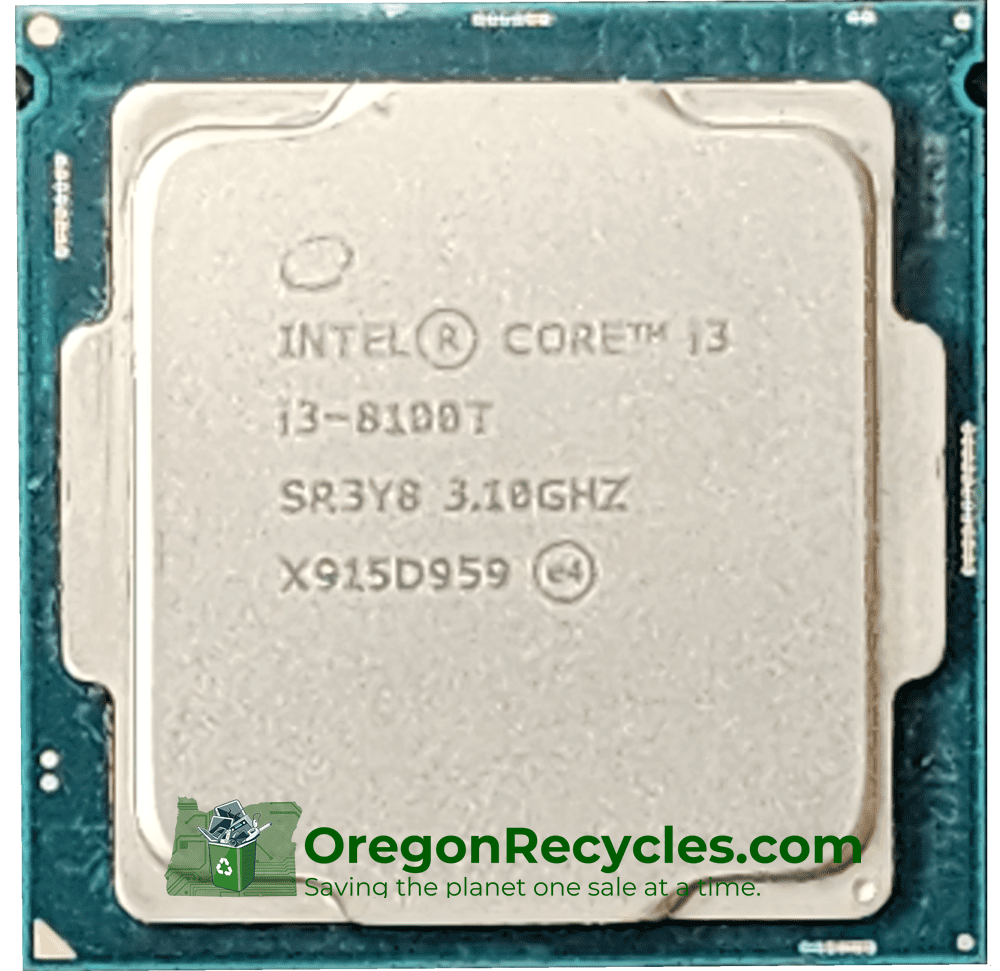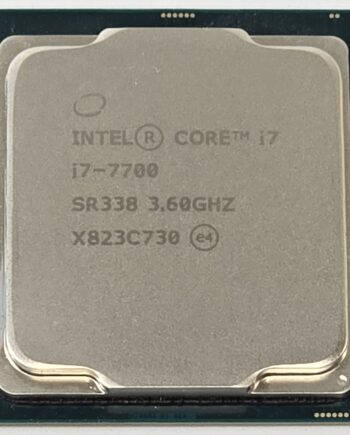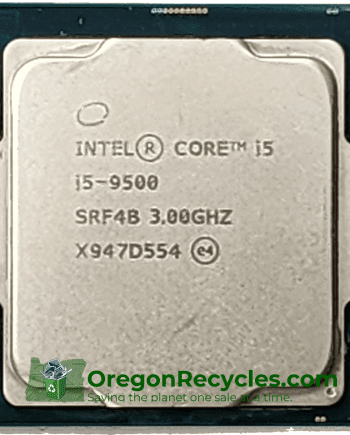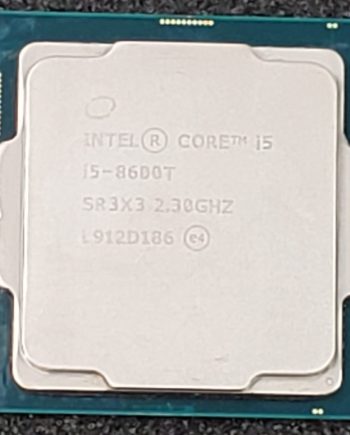The 8th generation of Intel Core processors, codenamed “Coffee Lake,” was launched starting in the second half of 2017. This generation marked a significant enhancement in core count across various segments, notably introducing 6-core processors in the mainstream desktop lineup, and extending up to 8 cores in subsequent releases. Coffee Lake CPUs were manufactured using the 14nm++ process technology, offering improvements in performance and energy efficiency compared to the preceding Kaby Lake architecture, which used a 14nm+ process.
Coffee Lake offered a broad spectrum of processors catering to various markets, from budget-friendly options to high-performance CPUs for enthusiasts and professionals. One of the distinguishing features of this generation was the augmented core and thread counts, providing a notable leap in multi-threaded performance compared to previous generations. The processors also supported DDR4 memory, and while the official maximum speed was 2666 MHz for some CPUs, many motherboards and chipsets allowed for memory overclocking far beyond this. Coffee Lake CPUs utilized the LGA 1151 socket, albeit with a different pin configuration compared to 6th and 7th generation processors, necessitating new motherboards despite the physical socket appearing identical. The 8th generation brought substantial enhancements in computational capabilities, particularly in multi-threaded workloads, further solidifying Intel’s offerings for various computing needs and applications.





